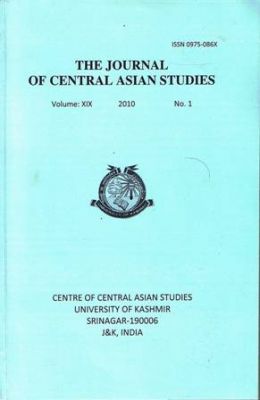

This is a study of women’s right in Iran where a combination of God’s will as well as people’s decisions were in place after the victory of 1979 Islamic Revolution. Examining developments in 'Islamic feminism', the article offers a critique of feminist theories, which construct it as an authentic and indigenous emancipation alternative to secular feminisms. Focusing on Iran after the victory of 1979 Islamic Revolution, This article explores women’s right developments in an Islamic society. Some of women’s rights are quite common everywhere in the world as there are inherent and subject to the womanly sexuality whereas others acquisitive and thus different from one society and region to another. This article argues that some women rights in Iran, though not recognized by the government laws, were common and widely applicable before the 1979 revolution and later approved in the Constitutional Law of 1979 and some more new ones recognized by the Constitution, took some longer times to be realized. This article explores the most obvious and popular legal rights explicitly mentioned in the Constitution, civil code and other statutes and government bylaws and regulations currently applying in Iran. Accordingly, the article argues that Iranian women's rights in all political, social, cultural and economic arenas are improving.
